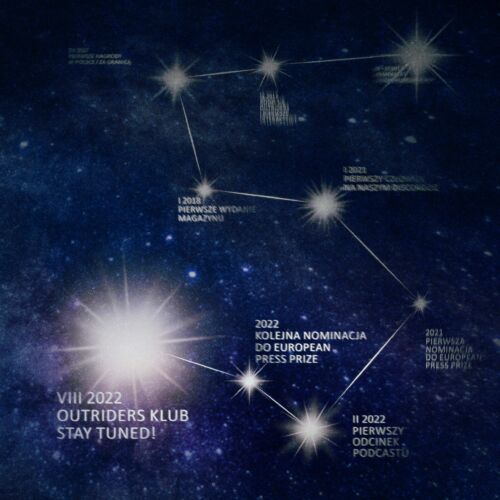The CO₂-absorbing car and Japan’s metal recycling plan
Japan’s Ministry of the Environment has announced a plan to reuse used electronic equipment, because disruptions in international trade pose the threat of shortages of raw materials vital to the country’s high-tech manufacturing sector. The aim of the programme is to double the amount of metals recovered from electronic devices by 2030 and to reuse these resources in the production of, for example, household appliances, electric vehicles, computers and smartphones. In 2020, specialised companies, so-called urban miners, recovered more than 231,000 t of metals (gold, silver, lithium, nickel, cobalt, copper and zinc) in this way.
Flashfood has 2.5 million users and it is one of a number of apps that reduce food waste by linking people to grocery shops and to restaurants where significantly discounted (50% on average) foods approaching their use-by date are available. Through the app, some 22,700t of food has been prevented from going to waste since 2016, and shoppers have saved US$120 million by cooperating with more than 1,400 grocery shops in Canada and the US.
A team of students from Eindhoven University of Technology has built a sports coupé that captures more carbon dioxide than it emits while driving. The vehicle is called ZEM (zero emission mobility), it is a two-seater with a Cleantron lithium-ion battery and most of its parts have been 3D printed from recycled plastics. ZEM uses two filters that can capture up to 2 kg of CO₂ during more than 320,000 km of driving.


























